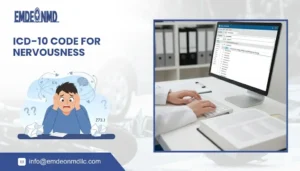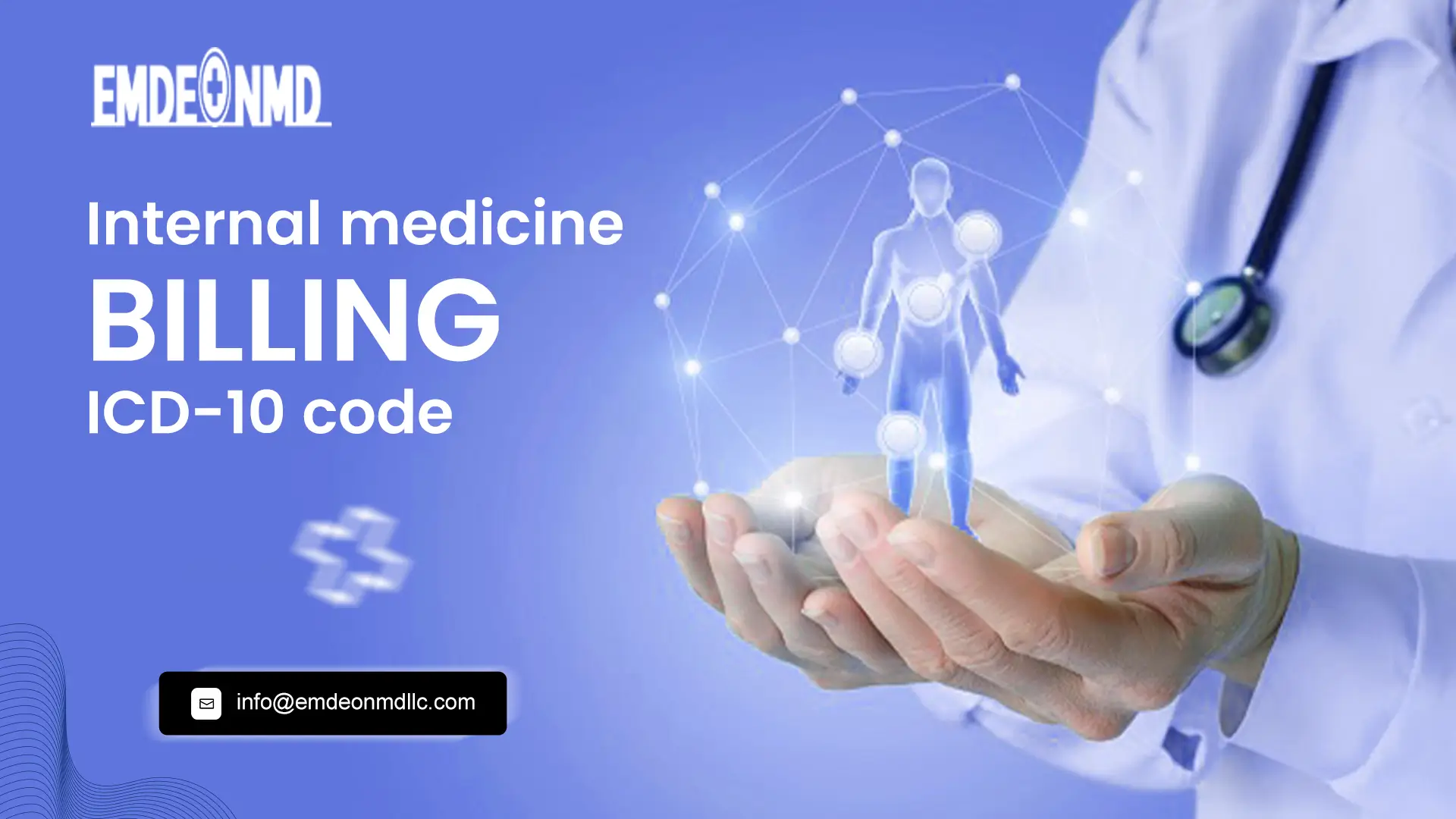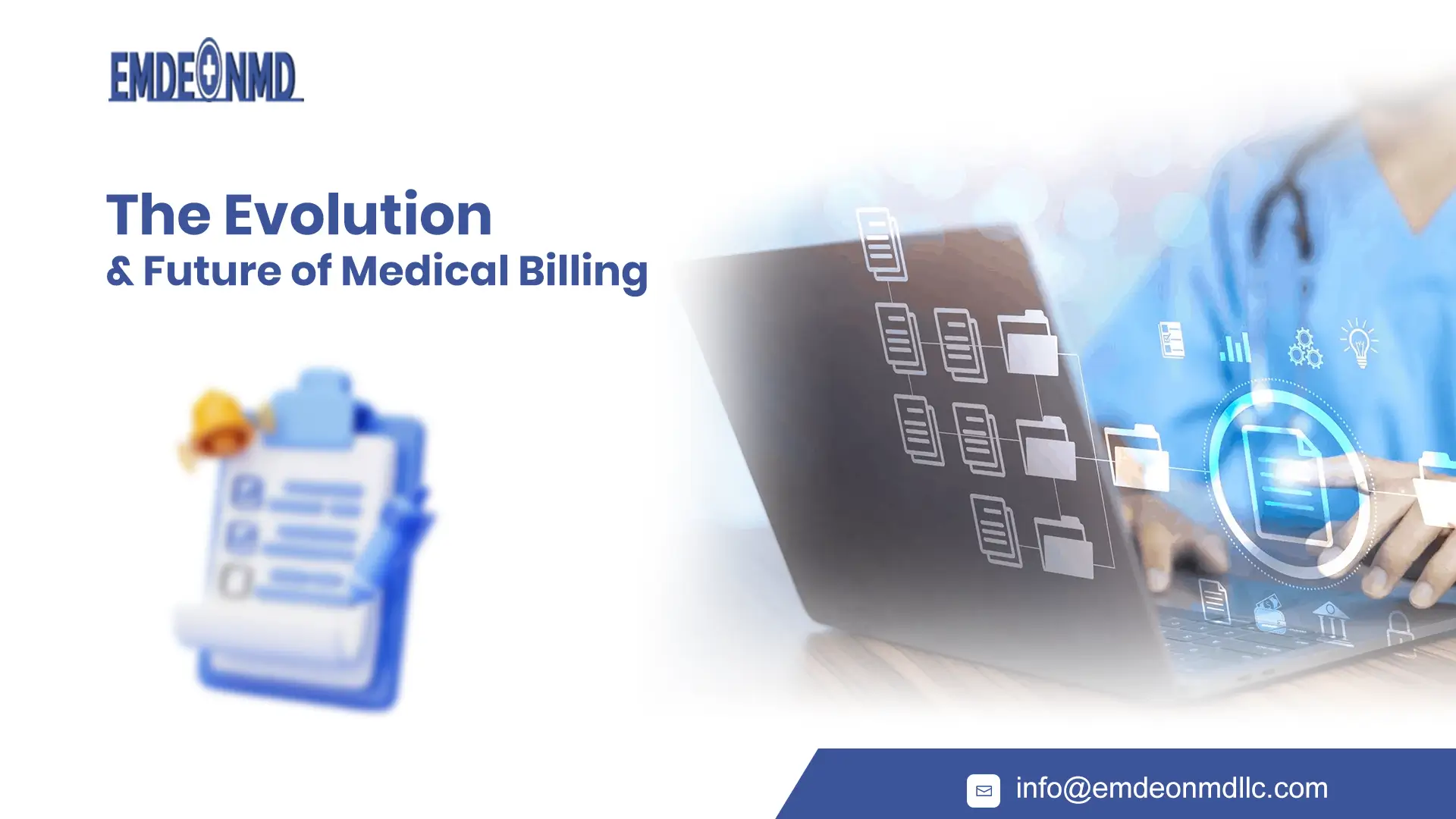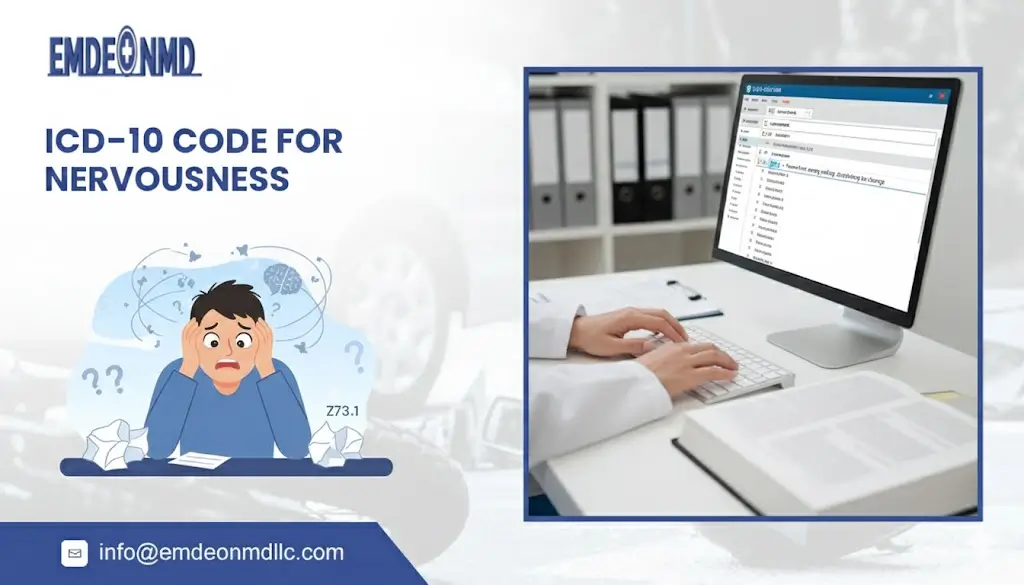Medical billing is not a single independent procedure for reimbursement of insurance claims, while it is cordially enjoined by various other protocols that contribute to organized and streamlined processes from the initial stage to the final ones. Have you come across any other process like medical billing? If yes, what was it? Mostly medical billing is complemented by a financial procedure named revenue cycle management RCM, acting as a prime and basic component in the billing industry due to its administrative handling of medical bills in an organized manner. This blog post gives an overview of what revenue cycle management is. How it is incorporated into the healthcare system, with a detailed explanation of benefits to the patient.
Revenue Cycle Management
Revenue cycle management services, termed RCM services, include end-to-end financial tracking of patient care episodes and managing administrative tasks from the initial stage of appointment to the final collection of payment for offered medical services. Revenue cycle management solutions are efficiently handled by expert billing specialists working independently or in collaboration with a billing company. Medical billing process, medical coding, claim processing, and payment collection are key components of revenue cycle management.RCM is offered by various outsourced companies, ensuring regular communication, and customized services according to needs and legal requirements with improved patient care and lowered administrative burden, resulting in accurate and valid claim reimbursements.
Health revenue cycle management
The healthcare system is a comprehensive, intricate, and connected system in which multiple healthcare facilities, individuals, professionals, technical and non-technical staff, along with patients of various departments, are catered to, which requires an integrated system of payment collection to avoid inconvenience or major complications.
Healthcare reimbursements are finely managed by revenue cycle management RCM which streamlines the whole process by integrating billing, coding, collection, and reimbursements in a cycle. The revenue cycle in healthcare is a contributing factor in streamlining the whole healthcare system for efficient patient care with improved interaction between patients and healthcare providers, and the provision of medical services with timely submission and reimbursements.
Revenue cycle in healthcare
The revenue cycle in health care serves prime importance due to its contributing nature to ensure health services in abetter way. While knowing the importance of revenue cycle management RCM, one must know the key stages that are leading contributors to RCM. Here is a list covering all basic components:
- Patient scheduling
- Insurance verification
- Documentation & patient registration
- Medical coding
- Charge capture
- Claim submission
- Claim processing
- Denial management services
- Payment reconciliation posting
- Patient billing
- Payment collection
- Financial reporting
- Regulatory compliance
All these components serve equally significantly in revenue cycle management, thus all are equally compulsory to be followed in an organized manner, ensuring regulatory and legal complaint.
Role of data in revenue cycle management
What do you think could be the most prime and significant component in revenue cycle management? Above mentioned basis compliant being prime components are based on data benign submitted and medical decision making, prognosis, and billing of medical services. The whole healthcare system is reliant on accurate and valid data for physicians, offered services and treatments, patient information, and insurance details, in which patient eligibility verification, being the initial step, must be connected to accurate data collection to ensure valid and accurate billing of email services. Payment posting in medical billing also contributes to improved and efficient revenue cycle management RCM services, regulated by accurate data collection.
Benefits of revenue cycle management
Did you notice any benefits of accurate revenue cycle management RCM services? Revenue cycle management RCM serves significant benefits that add value in resulting in a unified and streamlined process. It ensures improved revenue with increased revenue growth contributing to the financial growth of the system due to low risks of denials and rejection by efficient RCM handling by expert professionals. RCM ensures effective prior authorization of medical services, contributing to valid claim submission, along with proficient out-of-network billing management, which marks RCM as a significant part of the healthcare system. RCM ensures improved operational efficiency, improving patient experience and enhancing client stratification.
Insurer communication & RCM
Optimizing revenue cycle management RCM services is the prime focus of the healthcare system, which can be beneficial by optimizing communication between insurer and healthcare provider, acting as a prime contributor towards efficient revenue cycle management handling. Insurer communication & RCM are helpful in fast claim processing, with error-free claim submission ensuing minimized denials, in which direct approval from insurers for offered treatments contributes to timely proper authorization, saving time. Healthcare reimbursement is highly dependent on clear and healthy communication between insurer, provider, and patient to ensure customized and compliant services satisfactorily, leading to optimized revenue cycle management services through effective verbal and non-verbal communication.
RCM and value-based care
RCM and value-based care are two interconnected and interdependent terminologies having a crucial role in the billing of medical services, in which value-based care is reliant on the provision of the best quality services rather than offering multiple services. Value-based care is evident in ensuring payment to providers based on their services quality being offered with a prime focus on optimal outcome, preventive care, and along proviso of cost-effective services. But the question is how values based care is deployed in billing and RCM? In the RCM value-based model like performance pay P4P and others are common in practice, in which bundled payment and other methods are being deployed.
EmdeonMD optimized revenue cycle management RCM services.
Optimed revive cycle management RCM services are the main motive for every provider, which can be achieved and retained by EmdeonMD premium revenue cycle management RCM and billing services. Our professional experts focus on the provision of value-based care with satisfactory and trustworthy services, with proven solutions. To connect with our professionals, our free consultations are available 24/7. May get detailed information through our official phone number or email us. Opt EmdeonMD revenue cycle management RCM services, to give your services a professional touch. Book yourself, and get your services transformed with optimized value-based care by our professional experts.
Frequently Asked Questions (FAQs)
1. What is Revenue Cycle Management (RCM) in healthcare?
RCM is the process of managing the financial aspects of patient care, from scheduling an appointment to the final payment collection. It includes medical billing, coding, claims processing, denial management, and compliance with insurance policies.
2. How does RCM improve healthcare efficiency?
RCM streamlines administrative and financial processes, reducing claim denials and ensuring timely reimbursements. It also helps in reducing billing errors, improving cash flow, and enhancing patient satisfaction through smooth insurance verification and billing.
3. What are the key challenges in RCM?
Common challenges include:
- Claim denials & rejections due to coding errors or incomplete documentation.
- Insurance verification issues, leading to payment delays.
- Regulatory compliance changes require continuous updates.
- Coordination with payers for accurate reimbursements.
4. How does RCM support value-based care?
RCM helps transition from fee-for-service (FFS) to value-based care (VBC) by ensuring payments are tied to quality outcomes rather than service volume. It includes models like Pay-for-Performance (P4P) and bundled payments, reducing costs while improving patient care.













